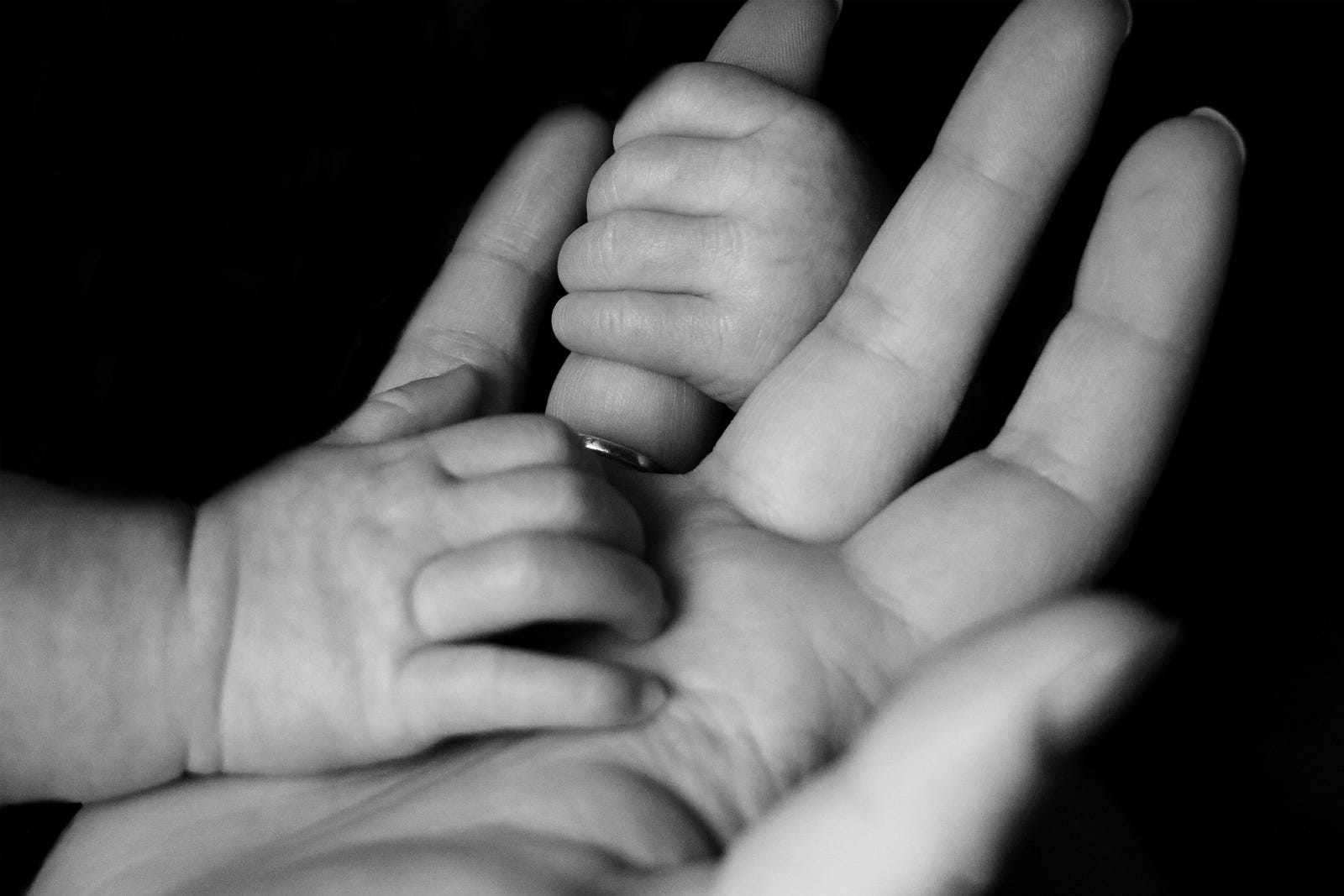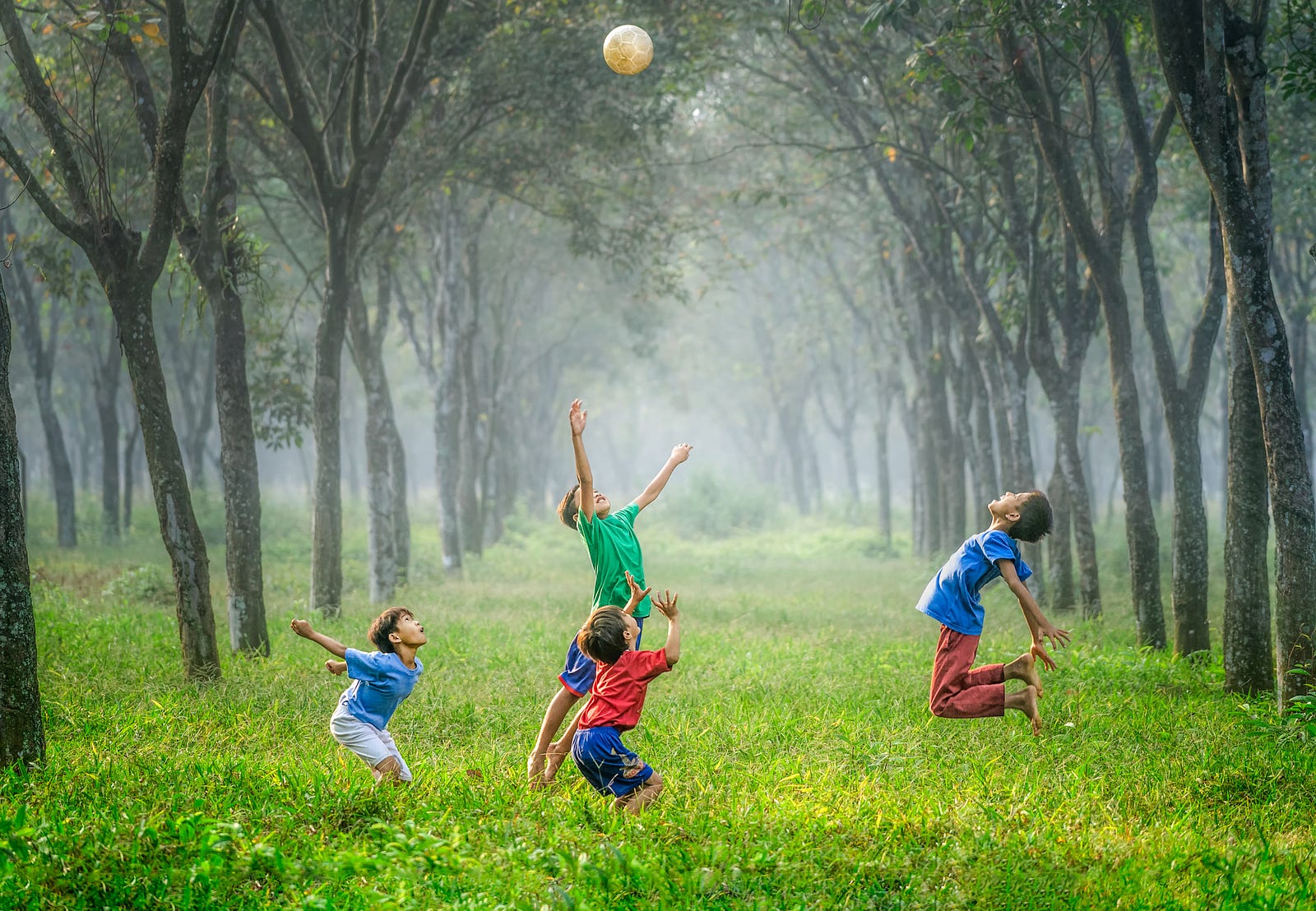Get A Parenting License
Should There Be Prerequisites to Parenthood?

“Making the decision to have a child — it is momentous. It is to decide forever to have your heart go walking around outside your body.”
― Elizabeth Stone, author
You need a license to drive a car because it can be very dangerous to operate carelessly; however, you still cannot rent a car until you are twenty-five. Perhaps you are wondering why? Insurance rates are higher for drivers under twenty-five because they are prone to accidents and poor decision-making. It would be irresponsible to lend a precious rental car temporarily. I’ll pause here for effect…
Of all the degrees and licenses required to perform menial tasks, there is no requirement for the single most important task a human being can do; to raise another human being. You can’t even adopt a dog from certain agencies without an interview and home walkthrough, but almost any negligent individual can produce a child. And maybe that wouldn’t be a problem if we were doing a good job raising our kids but here are some staggering statistics.
- At least 1 out of 7 children experience abuse or neglect in the United States. 1 in 3 children abused, grow up to be abusers.
- 1 in 6 U.S. children aged 2–8 years (17.4%) had a diagnosed mental, behavioral, or developmental disorder.
- In 2022, 50% of students were behind grade level in at least one academic subject compared to 36% the year before. That year, a survey asked the parents and 92% of them believed their child was at grade level. How can this happen?
- ‘Students in 2022 are performing at a [low] level last seen two decades ago,’ an official with the Education Department’s research arm said after the data was released.
- Dropout rates in the inner cities are up to 70%
The state of our children has been steadily declining for years, and politicians want to blame COVID or ineffective distance learning; but, if you know anything about Child Development, the answer is always found in the home. As the statistics above show, 92% of parents have no idea what is going on in the lives of children. How could they? They work all day and the kids have homework. When the kids aren’t doing homework, they are either on their phones or gaming with a full headset; meanwhile, the parents are planted on the couch after an exhausting day at work. You might think kids would be fine with that arrangement, but:
- National surveillance data suggest that roughly 7–8% of adolescents attempt suicide each year, and roughly 17% report serious suicidal ideation
- Roughly 157,000 individuals between the ages of 10 and 24 receive emergency medical care for intentional self-inflicted injuries.
Something must be radically wrong with a culture and a civilization when its youth begins to desert it. — Harold Edmund Stearns, America And The Young Intellectual

What is the Solution?
Do I really believe the government should enforce a license before allowing couples to have children? Absolutely not, but there doesn’t seem to be any accountability for the catastrophic job we as a nation are doing with the children and our future. The education system hasn’t changed since the Industrial Revolution and abortion rates are through the roof because people don’t want to raise kids in a world that is indifferent to children. Now, let’s look at countries that are doing it right and maybe we can implement change in our culture and communities.
- [Netherlands] According to the rankings, Dutch kids’ education, material well-being and behaviors, and risks were the best in the world. Their happiness is attributed to a non-competitive, low-stress school culture and a good work-life balance for parents, among other reasons.
- Iceland is ranked №1 in health and safety, but №10 in education. They read a lot of books and have one of the highest rates of women working outside the home. But mostly, one writer argues, it’s because of their strong sense of community in raising children.
- Recently, [Finland] was named the happiest country on Earth. What gives? Among other things, their taxation system has narrowed, if not eliminated, a lot of disparity between the rich and poor. And children’s services, including education, child care and health, are well-funded.
- Swedish kids’ happiness, according to experts living there, is due to good funding for schools and health care, and a culture that, in general, is supportive of children
- From 20 Countries Where Kids Are the Happiest, by Madeline Holler, Mom Life
These are just a few of the top-rated countries for children’s overall happiness but it is easy to see what they all have in common. A culture and government that has a strong sense of community in raising children, maintains a good work-life balance, low-stress school, and good funding for child services. In Finland, school is only four hours long and exams are voluntary, yet they are outperforming most of the world. Mothers who choose to raise their children at home are supported by the community and fathers are given 11 months of paternity leave so the family unit can be together.
Urie Bronfenbrenner, a Russian-American psychologist, developed the Ecological Systems Theory based on the old proverb, “It takes a village to raise a child.” He determined that it was not the sole responsibility of the parents to raise the children, but the community must also encourage and support the families as well. Investing time and resources in the development of children and upholding civil institutions that fortify the family have proven to improve general happiness. Parents must also do their part at home by building healthy attachments to their children and being active participants in their child’s education. John Bowlby, Mary Ainsworth, and Diana Baumrind all determined that optimal social and emotional development of a child requires an authoritative parenting style, attentiveness to the child’s emotional and physical needs, and a healthy sense of autonomy to develop competency. Some people dodge the responsibility by claiming, “Children just need love” but love is providing what they need to develop optimally, not just having strong feelings of affection toward them.
I wouldn’t be bringing this up if I wasn’t doing it myself. I have four children that my wife and I decided to educate at home for half the week and send to class in person the other two days. It is incredibly hard sometimes and time-consuming, but my children have more time to learn other skills at home. They are all under ten years of age and are learning to code, play soccer, read classic literature, play music, know how to fish, practice cooking, and help me repair things around the house. I could probably be making more money if I got a regular nine-to-five but that sacrifice is better than sacrificing my children’s present. We as a country need to do better about prioritizing our children now so they will be better when they are running our country. We need to reshape our education to accommodate children’s needs and encourage parents to put their kids before their careers.
Here is a link to our non-profit foundation that is raising money to fund student tuition for high-quality education at our academy. At the Great Expectations Academy, we seek to make learning practical and relevant by teaching mathematical concepts as students learn to build with hand tools. We teach English through the performing arts. We teach Fitness along with nutrition and biology. And we approach the sciences through computer science. The first four hours are dedicated to instruction, while the remaining two hours are student-led projects. We want to reform education in our community before we propose it on a larger scale. Donate or share this article to help us build support.

Comments
Post a Comment